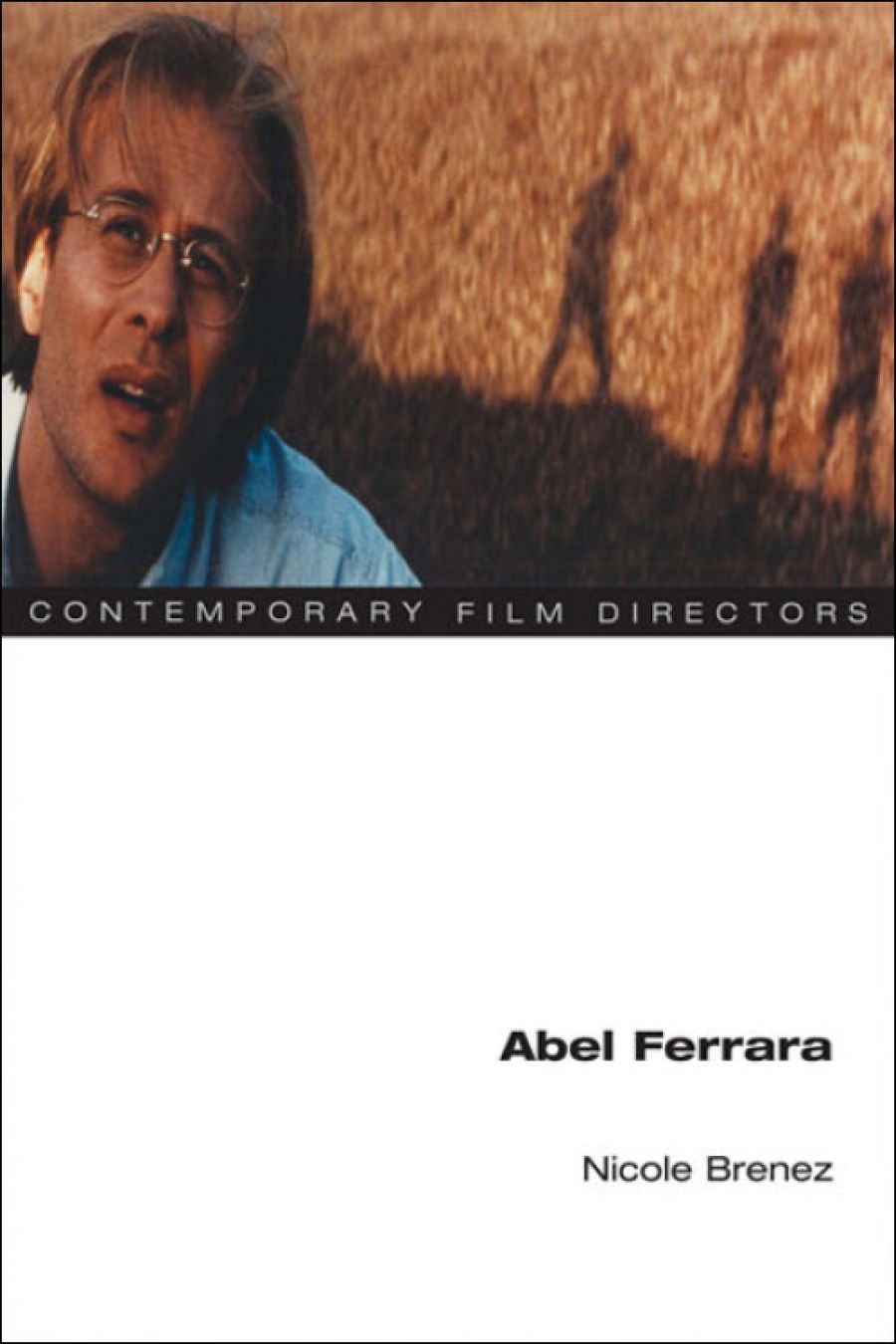
- Free Article: No
- Contents Category: Film
- Custom Article Title: Matthew Clayfield reviews 'Abel Ferrara' by Nicole Brenez, translated by Adrian Martin
- Review Article: Yes
- Article Title: Matthew Clayfield reviews 'Abel Ferrara' by Nicole Brenez, translated by Adrian Martin
- Online Only: No
- Custom Highlight Text:
After the longest of waits, French film scholar and militant cinéphile Nicole Brenez has finally had a book translated into English (it appears in the Contemporary Film Directors series). For those of us who don’t read French, this is exciting news: Brenez’s rigorous engagement with what she calls the history of forms has until now only been available to us piecemeal, spattered across the hyperlinked pages of online film journals such as Rouge and Senses of Cinema. To find ourselves able to read a full-length monograph – on one of the greatest and most shamefully overlooked film-makers of our times – should be cause for celebration in film departments everywhere. (That it probably won’t be is another matter entirely.)
- Book 1 Title: Abel Ferrara
- Book 1 Biblio: University of Illinois Press, $37.95 pb, 210 pp
One should be under no misapprehension that Brenez’s Abel Ferrara is actually about Abel Ferrara. Anchored though the book may be in the blood and guts of the film-maker’s work, getting its hands dirty in the films as it breaks them open and looks inside, it is ultimately about far more than the title may suggest. This is a densely written unpacking of the horrors of the twentieth century, and a systematic interrogation of how the cinema might deal with and figure this trauma at the level of the image.
This argument is not advanced lightly – the book’s sense of moral purpose weighs heavily – and the supporting evidence has been fastidiously researched. Although Brenez’s infectious enthusiasm and impassioned pen sometimes fail to transcend the difficulty of her ideas – this is not entry-level stuff, nor does it pretend to be – the writer never fails to show, with her usual marriage of close reading and intertextual association, that the pressing question of modern evil remains at the bloody centre of Ferrara’s moral vision.


Comments powered by CComment